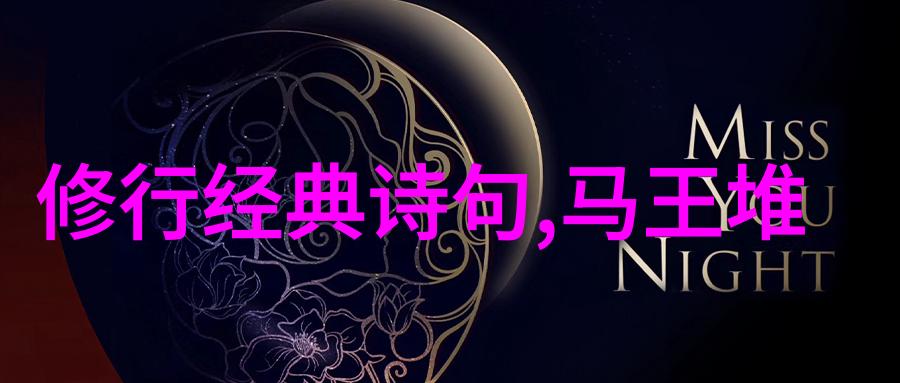在中国传统文化中,“茶”与“道”是两大重要元素,它们之间存在着深厚的渊源和相辅相成的关系。道教文化作为一种精神层面的文化,与茶文化这一物质层面的文化交织在一起,共同构成了中华民族丰富多彩的生活艺术。

首先,我们来探讨“茶”与“道”的关系。在道教中,茶不仅是一种饮品,更是一种修炼工具。它的清香能够帮助修行者提神醒脑、养生延年,同时也能够净化心灵,达到内外兼修之境。这种用途让茶成为道士们日常生活中的重要组成部分,无论是在庙会上迎宾还是在静坐时调理身心,茶都扮演着不可或缺的角色。
其次,我们来看“茶”如何被融入到道教仪式和活动中。在斋醮科仪中,使用天下第一蒙顶茶献供瑶台诸神,这样的做法体现了对自然界的一种尊重和崇拜。而三奠 茶这样的祭祀活动,也是对天地间生命的一种敬畏之举。这不仅表明了中国人对于自然界及其力量的敬畏,同时也展示了他们对于生命价值和宗教信仰的追求。

再者,从社会实践角度出发,“茶”作为一种交流礼节,在中国历史上占有非常重要的地位。从唐代开始,一种名为“贡菜”的习俗逐渐流行,其中包括了以高质量的大量食材为主,而后发展出了以优良品质的大量美味食品为主,即所谓的“贡食”。这类事务往往涉及到政治权力的游戏,因此,这些精美绝伦的大量佳肴成了朝廷之间互动的一个重要媒介。此外,还有一些地方如青城山等,有着悠久历史的人文景观,那里不仅有著名寺庙,而且还有专门用于制作高质量茗叶的地方,如青城四绝之一——青城山蒙顶茗叶。
最后,让我们思考一下为什么人们会将如此多的情感、哲学和精神寄托于一杯简单而纯粹的小小植物呢?这是因为人们在享受这个过程时,不只是味觉上的快乐,更是在享受一个超越世俗喧嚣、回归自然本真的瞬间。在这个过程中,每一次呼吸,每一次细腻地品尝,都像是自己与宇宙之间最真诚无比的情感交流。

总结来说,“tea culture" and "Daoist culture" are intertwined in a way that transcends the material realm of tea itself, to encompass the spiritual dimensions of Daoist philosophy. The relationship between "tea" and "Dao" is not just about a beverage or a set of rituals but also about the deeper connections they represent - between humans and nature, between life and death, between the mundane and the divine. In this sense, both tea and Daoism embody an ancient Chinese wisdom that seeks to reconcile contradictions, find balance within opposites, and attain harmony with oneself and with the world around us.
In conclusion, this article explores how Daoist culture has shaped China's rich tradition of tea-making as well as its cultural significance. By examining historical records from various dynasties up until present day practices in temples across China we can see how these two seemingly disparate worlds have been interwoven over centuries. From Tang dynasty’s reverence for high-quality food offerings to modern-day temple ceremonies where monks brew sacred tea for their deities - each era has left its mark on this ever-evolving story.

The connection between “tea” & “Daoism is one that speaks volumes about human nature: our desire for connection with something greater than ourselves; our need to seek meaning beyond mere physical sustenance; our pursuit of transcendence through simple pleasures like sipping a cuppa under moonlit skies or meditating amidst lush greenery surrounded by chanting monks.
As such I hope you found this exploration into Chinese history enlightening – it was my pleasure sharing insights into what makes Chinese Tea Culture so unique!




